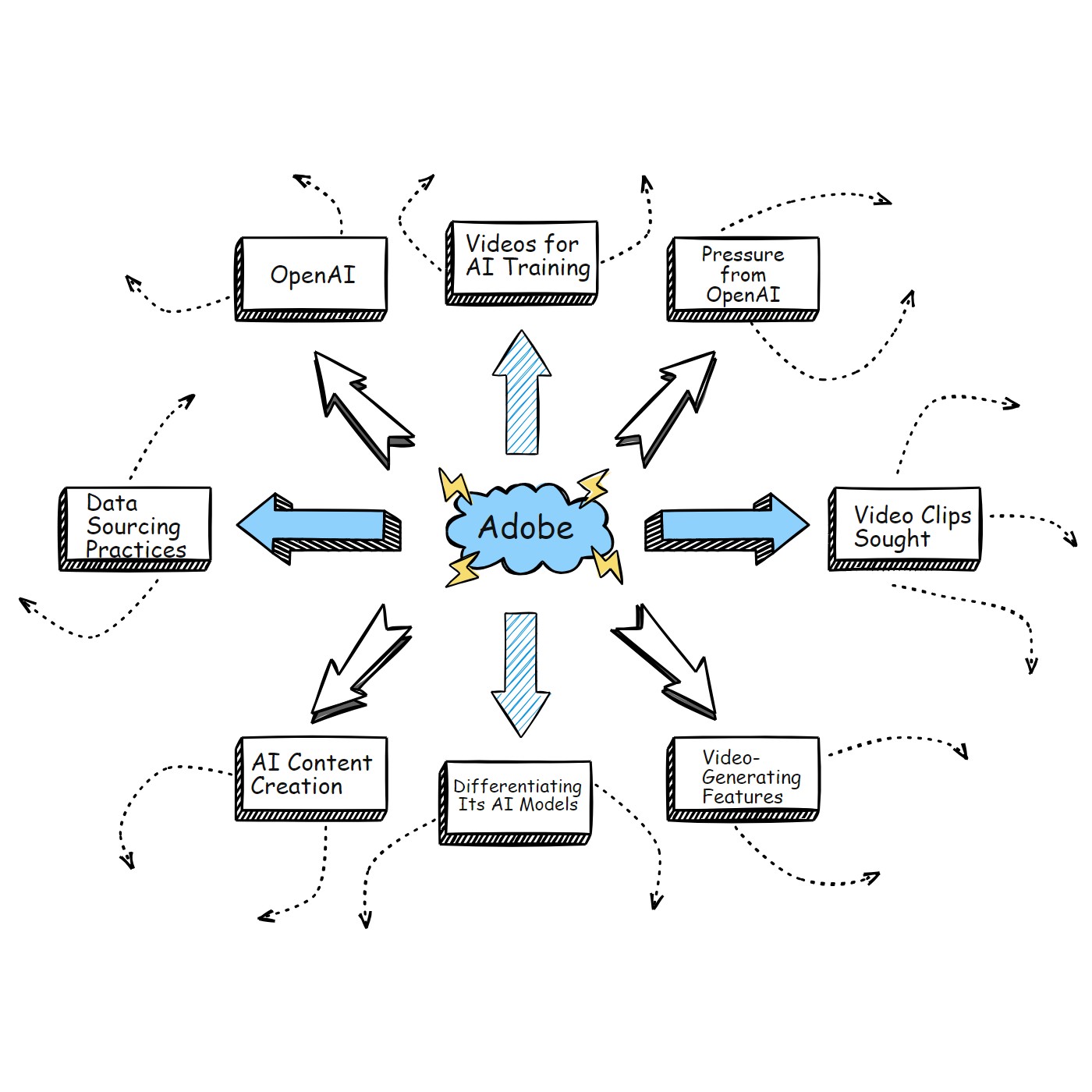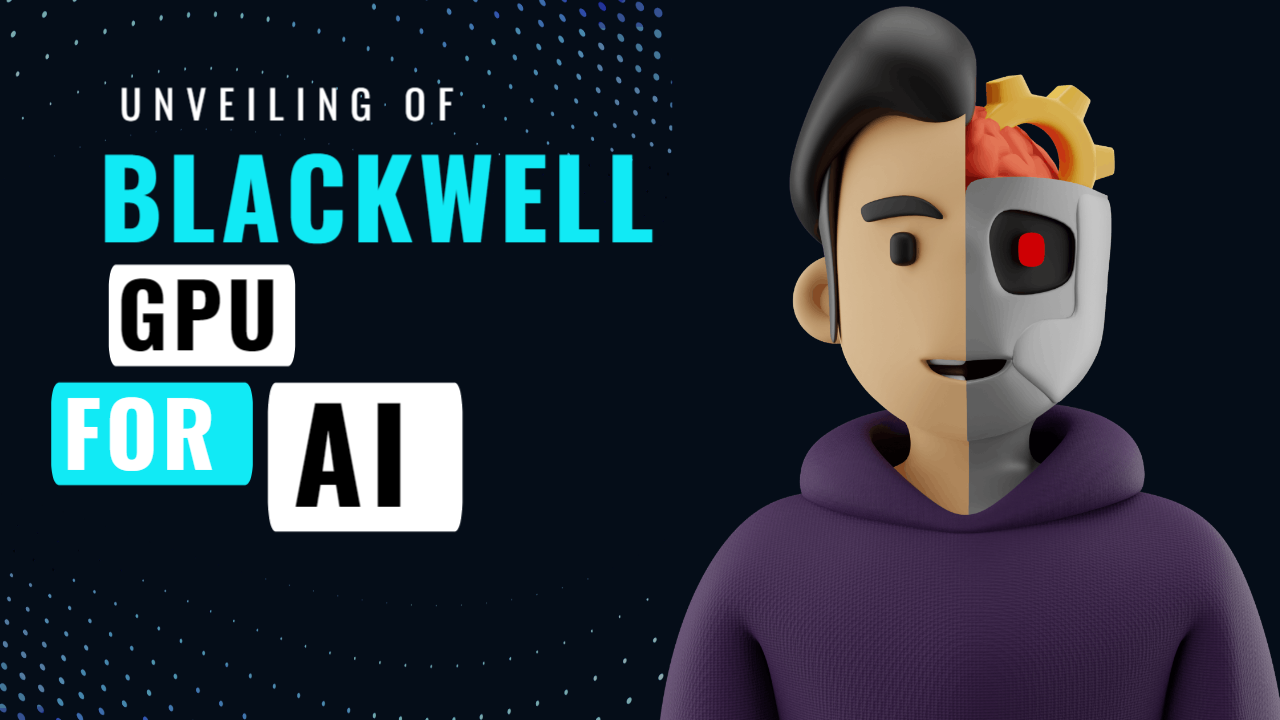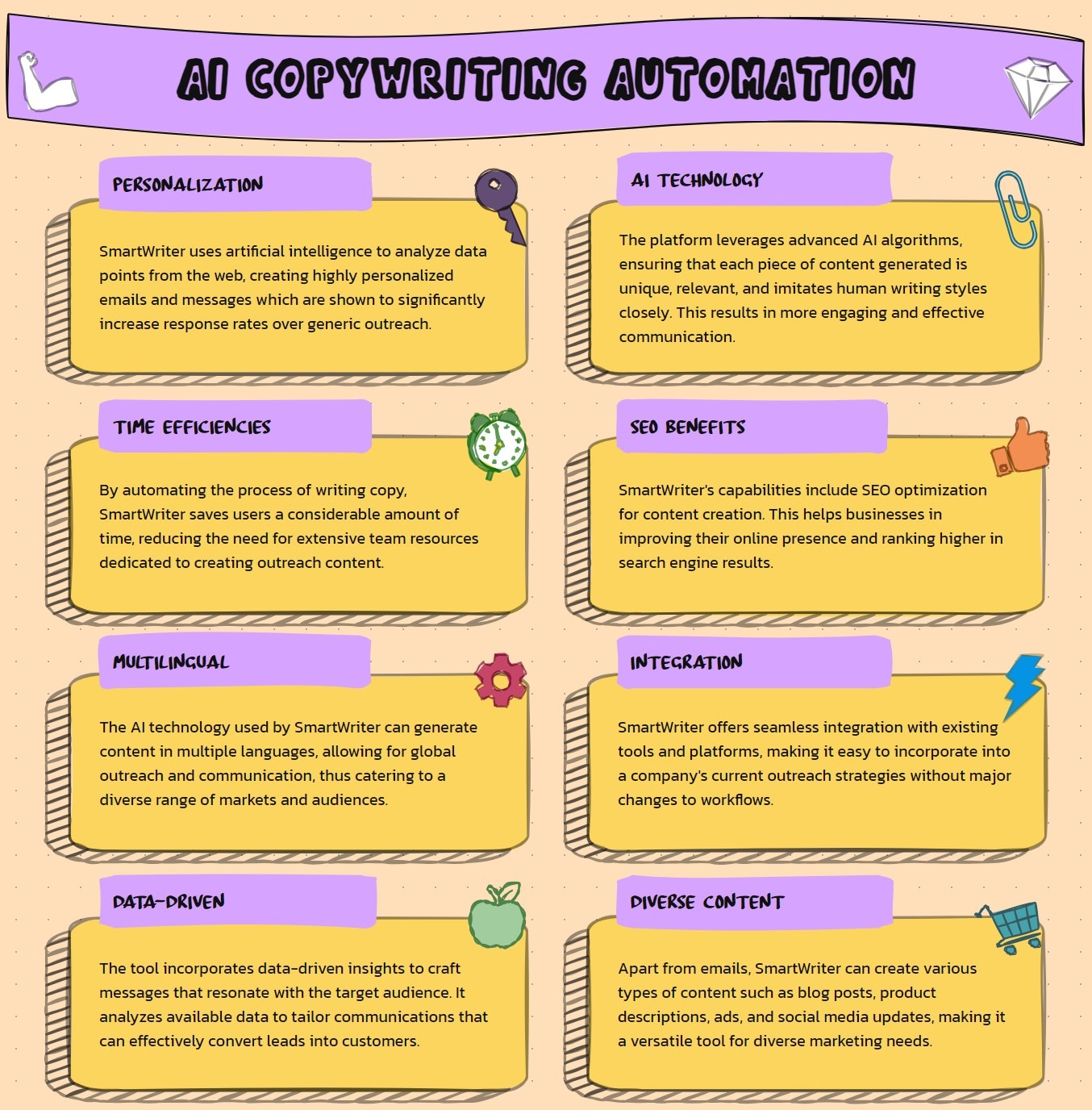Acquisition of Videos for AI Training
Videos – Adobe Inc. is actively acquiring videos at a rate of $3 per minute from its network of photographers and artists in order to enhance its artificial intelligence text-to-video generator. The company aims to compile a diverse range of clips showcasing everyday actions, emotions, and interactions to bolster its AI training database for creative professionals utilizing tools such as Photoshop and Illustrator.
Competitive Pressure from OpenAI
Even – with Adobe’s efforts to develop video-generation technology, the recent demonstration of OpenAI’s video-generation model Sora has sparked concerns among investors about potential disruption in the creative software market. Adobe, however, remains focused on advancing its AI capabilities, with plans to unveil further developments in the near future.
Pressure – Amidst the competitive landscape, Adobe’s approach involves sourcing data primarily from its extensive stock media library, supplemented by direct submissions from contributors. The company’s strategy seeks to differentiate its AI models by leveraging its internal resources for training, while also offering monetary incentives to build a robust database. Adobe’s emphasis on harnessing a variety of visual content for AI training underscores the critical importance of data acquisition in developing cutting-edge technologies for content creation.
Types of Video Clips Sought
Details:
| Actions and Emotions | Interacting with Objects |
|---|---|
| Walking, expressing joy, anger, etc | Smartphones, fitness equipment |
| Anatomy shots: feet, hands, eyes |
Knowing the diverse range of video content needed, Adobe is actively seeking short clips depicting everyday actions, emotions, interactions with objects, and simple anatomy shots to enhance its AI training process.
Rates of Compensation for Video Submissions
Rates:
Compensation:
Adobe is offering an average of $2.62 per minute for submitted videos, with potential rates reaching as high as around $7.25 per minute. This incentivises their network of photographers and artists to contribute high-quality footage for the AI text-to-video generator project, reflecting the company’s commitment to developing cutting-edge technology.
Official Statements on Video-Generating Features
If Adobe spokespersons’ previous statements are anything to go by, the software company is actively working on developing video-generating features. With a focus on incorporating generative AI into its suite of creative software for professionals, including Photoshop and Illustrator, Adobe aims to stay competitive in the rapidly evolving technology landscape.
Adobe’s Approach to Differentiating Its AI Models
If Adobe’s strategy for distinguishing its AI models is anything to go by, the company primarily relies on training them using its extensive library of stock media, geared towards marketers and creative agencies. By sourcing videos directly from contributors and offering compensation for mass submissions, Adobe strives to build robust AI models without compromising on quality or originality.
The emphasis on training AI models using its own stock media suggests Adobe’s commitment to data privacy and quality control in an era plagued by concerns surrounding the sourcing of training data. Despite the fierce competition posed by newcomers like OpenAI, Adobe’s proactive approach in acquiring videos for AI training indicates a strong dedication to staying at the forefront of technological innovation.
Data Requirements for AI Content Creation
With Adobe procuring videos to enhance its AI text-to-video generator, the software company is actively seeking data to train its artificial intelligence models. Adobe is offering its network of photographers and artists payment for videos showcasing everyday actions and emotions, aiming to build a robust dataset for AI training. The company is looking to source more than 100 short clips featuring various scenarios and interactions to improve its video-generation technology.
Discussions on Ethical Data Sourcing Practices
Data sourcing for AI models, particularly in content creation, has sparked debates on ethical practices. OpenAI’s demonstration of its video-generation model Sora raised concerns about the source of data used for training. Both Adobe and OpenAI have shown interest in using vast libraries of stock media for AI training, but questions arise regarding the ethical implications of sourcing data from user-generated content. Discussions around the ethical data sourcing practices in AI technology continue to evolve as companies navigate the complexities of building intelligent models.
Sourcing: The debate over the origin of data used to train AI models underscores the importance of ethical data practices in technology development. Companies must consider not only the quantity but also the quality of the data they use, as well as the potential implications of sourcing data from user-generated content platforms such as Google’s YouTube and Meta Platforms Inc.’s Facebook and Instagram. Transparency and ethical guidelines in data sourcing are important to ensure the responsible development of AI technologies in the future.


